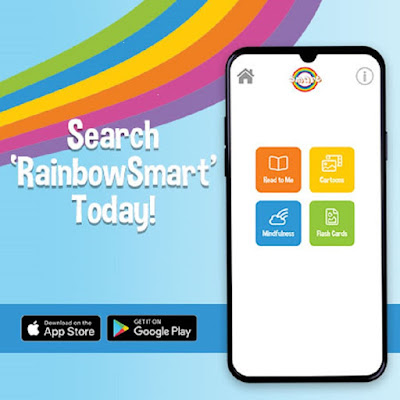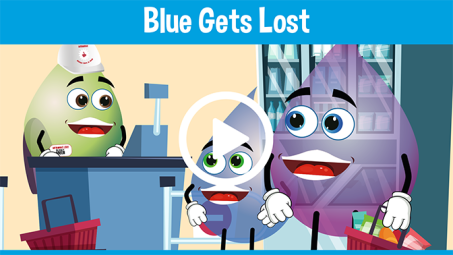The Fascinating World of Word Search Puzzles: Unraveling the Joy of Wordsearch
 |
| Rainbowsmart app |
Word search puzzles, often simply referred to as word searches, are a beloved pastime for individuals of all ages. These puzzles have a universal appeal, offering both entertainment and cognitive benefits. In this article, we'll delve into the world of word search puzzles, exploring their history, the joy they bring, their educational value, and the various ways people engage with them.
The Origins and Evolution of Word Searches:
Word searches have a surprisingly rich history dating back to the late 1960s. They were first published in a children's magazine called "Selenby Digest" in 1968, created by Norman Gibat. These puzzles gained popularity and quickly became a staple in puzzle books, newspapers, and magazines. Today, they have found a new digital life on websites and mobile apps.
The Joy of Word Searches:
Accessible Entertainment: Word searches are accessible to people of all ages and backgrounds. They require no special skills or knowledge, making them a great source of entertainment for everyone.
Mental Exercise: While word searches are enjoyable, they also provide a mental workout. They challenge cognitive functions like pattern recognition, vocabulary, and attention to detail.
Stress Relief: Engaging with word searches can be a form of mindfulness, helping to reduce stress and promote relaxation. The focused attention required to spot words can be meditative.
The Educational Value of Word Searches:
Word searches aren't just fun; they also offer educational benefits:
Vocabulary Building: Completing word searches introduces new words and reinforces existing vocabulary.
Spelling Practice: By locating and identifying words, individuals improve their spelling skills.
Pattern Recognition: Word search puzzles encourage the development of pattern recognition abilities, which are essential for problem-solving.
Wordsearch in the Digital Age:
The digital era has brought about significant changes in how people engage with word searches:
Online Word Searches: Numerous websites now offer a wide variety of word search puzzles for free. These digital versions often feature customizable options, such as selecting puzzle themes and difficulty levels.
Mobile Apps: There's an abundance of word search apps available for smartphones and tablets, allowing users to enjoy puzzles on the go.
Interactive Features: Digital word searches often incorporate interactive features, such as timed challenges and hints, enhancing the overall experience.
Word Searches and Cognitive Health:
Research suggests that engaging in word searches and similar puzzles can have positive effects on cognitive health, particularly in older adults. Regular mental challenges like word searches may help delay the onset of cognitive decline and conditions like Alzheimer's disease.
Word Searches for All Ages:
Word searches are versatile puzzles that can be tailored to different age groups and interests. Educational word searches for children often focus on subjects like animals, colors, or shapes, while adult word searches may cover a broader range of topics or themes.
Creating Your Own Word Searches:
One of the unique aspects of word searches is the ability to create custom puzzles. Numerous online tools and software allow individuals to craft personalized word searches for special occasions, educational purposes, or simply for sharing with friends and family.
Word Searches in Education:
Teachers often incorporate word searches into their lesson plans to reinforce vocabulary and subject-specific terminology. These puzzles add an element of fun to learning, making it more engaging for students.
Word Searches as a Social Activity:
Word searches can be a social activity, whether completed in a group setting or shared with friends and family. They can spark friendly competitions or collaborative efforts to complete challenging puzzles.
The Endless Appeal of Word Searches:
In conclusion, word search puzzles, or word
searches, have transcended generations and continue to bring joy and cognitive
benefits to people of all ages. Whether in print or digital form, they offer
accessible entertainment, encourage cognitive exercise, and promote relaxation.
As an educational tool, they facilitate vocabulary building and pattern
recognition. With their ability to adapt to various themes and interests, word
searches remain a beloved pastime and a valuable addition to both leisure and
learning.



Comments
Post a Comment